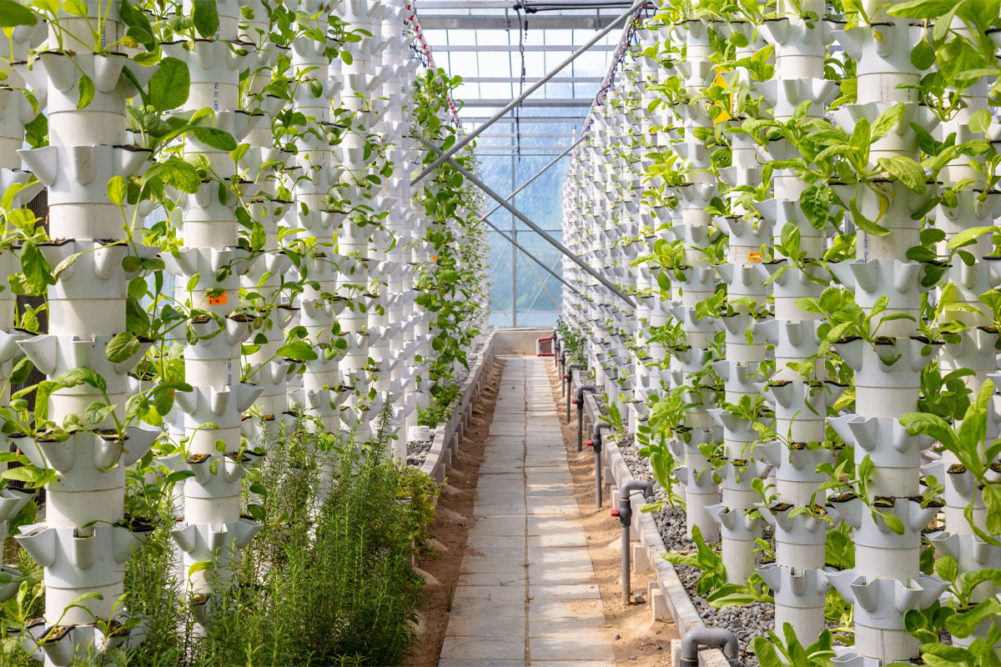 KANSAS CITY — Even as retailers like Kroger and Walmart chronicle how higher food and beverage prices are prompting shoppers to alter their purchasing habits in an effort to save, sustainability and consumer concern for the environment remains a resilient trend. Taste, price and convenience remain the leading attributes consumers seek when buying food, but sustainability appears to be gaining in importance.
KANSAS CITY — Even as retailers like Kroger and Walmart chronicle how higher food and beverage prices are prompting shoppers to alter their purchasing habits in an effort to save, sustainability and consumer concern for the environment remains a resilient trend. Taste, price and convenience remain the leading attributes consumers seek when buying food, but sustainability appears to be gaining in importance.
Rising prices often prompt consumers to make tradeoffs. Higher-income shoppers, for example, may shift from shopping at specialty retailers to more mainstream outlets while lower income shoppers may trade down from branded to private label options, buy smaller package sizes or buy fewer items altogether.
The FMI – The Food Industry Association’s 2023 US Grocery Shoppers Trends report found that among shoppers who expressed concern about grocery prices, 94% said they have changed their spending habits. While prices were unlikely to cause a consumer to shift entirely out of a product category, nearly 70% reported changing their meal plans or choosing an alternative item in response to increased product prices.
Yet, despite inflation’s impact on consumer goods prices, spending on sustainability is trending upward across several areas of consumer packaged goods (CPG), according to the market researcher Circana (formerly IRI and The NPD Group). As of September 2022, 40% of consumers reported environmental issues impact their decision to shop at a specific manufacturer or retailer, surpassing social issues for the first time.
“Products that impact our energy use, reduce waste and use recycled materials or natural ingredients are all getting attention from consumers and presenting pockets of retail growth,” said Marshal Cohen, chief retail industry adviser for Circana.
Circana partners with the New York University Stern Center for Sustainable Business to conduct research about sustainability and consumer trends, and found that in 2022, among 36 CPG categories, sustainability-marketed products have a 17.3% share, but grew 30% from the prior year. The most prevalent sustainable claim on consumer food and beverage products is “recyclable,” and revenue for products promoting the fact that they use recyclable packaging has increased 12% versus last year, and 30% compared to three years ago.
“The continued growth in sustainable product sales demonstrates the importance of bringing newness and innovation to the market,” Mr. Cohen said.
While it is possible inflation may yet demonstrate a negative impact on consumer interest in sustainability, there are signals the trend will endure in food and beverage. Notably, it appears sustainability will be a key theme among exhibitors at this year’s IFT First, the Institute of Food Technologists annual convention and tradeshow, to be held July 16-19 in Chicago.
An early look at what some exhibitors will be showcasing highlights how ingredient suppliers are responding to manufacturer and consumer demand for solutions that provide attributes perceived as sustainable. The attributes may be related to how an ingredient is produced and sourced, the processes used in manufacturing, or the resources required to bring an item to market.
Such an emerging pipeline of solutions demonstrates the resiliency of the sustainability trend and its prospects in the future.





